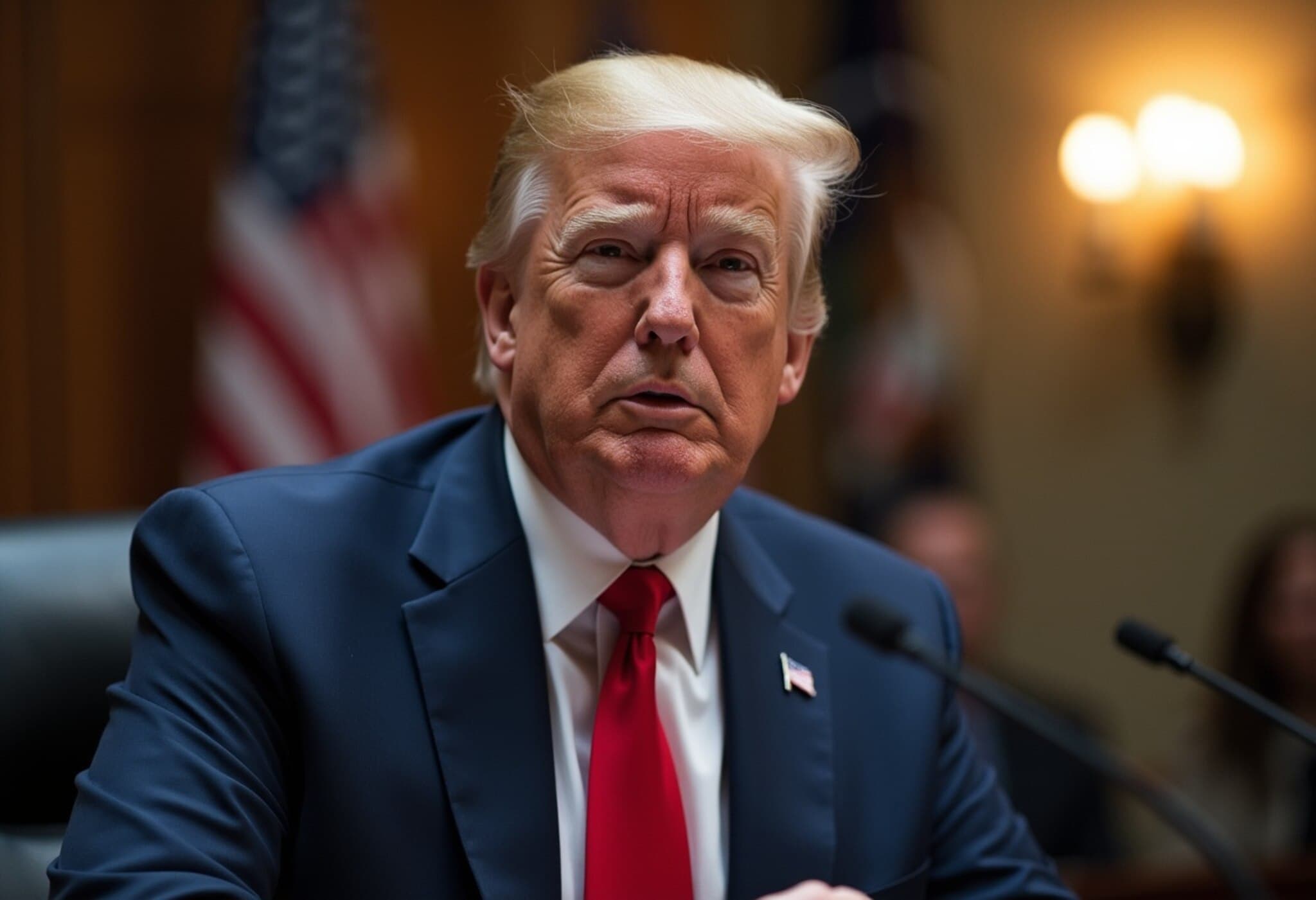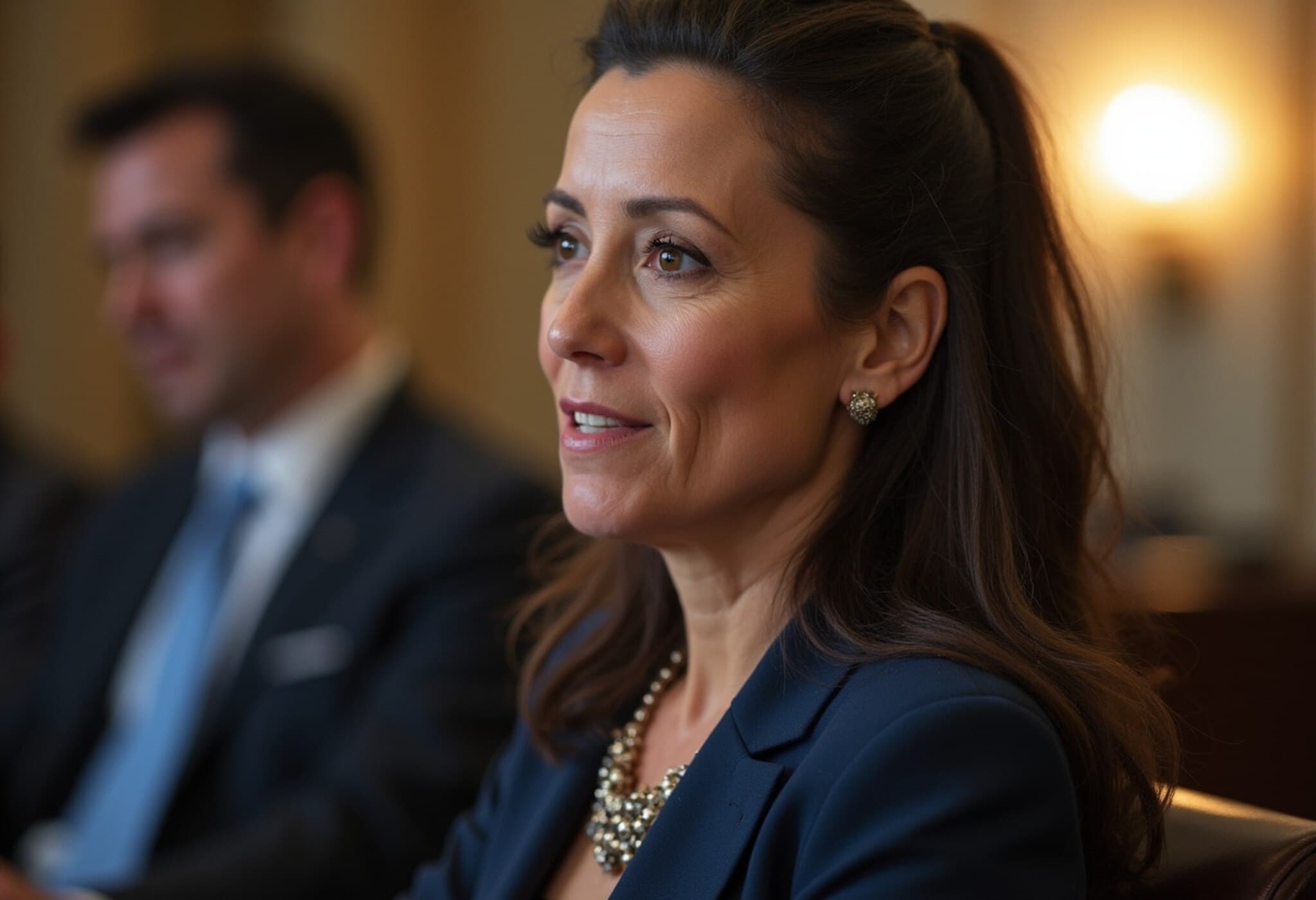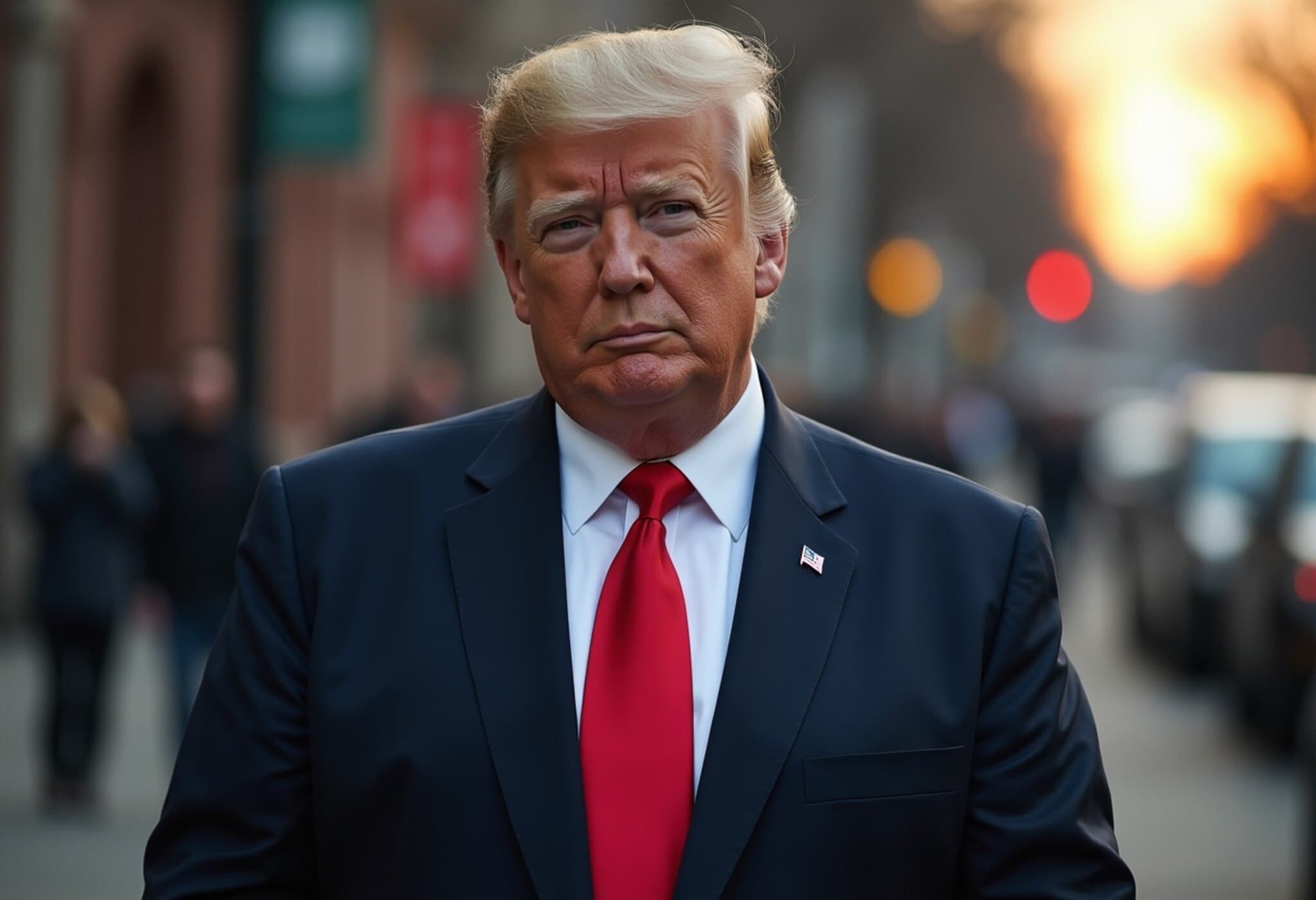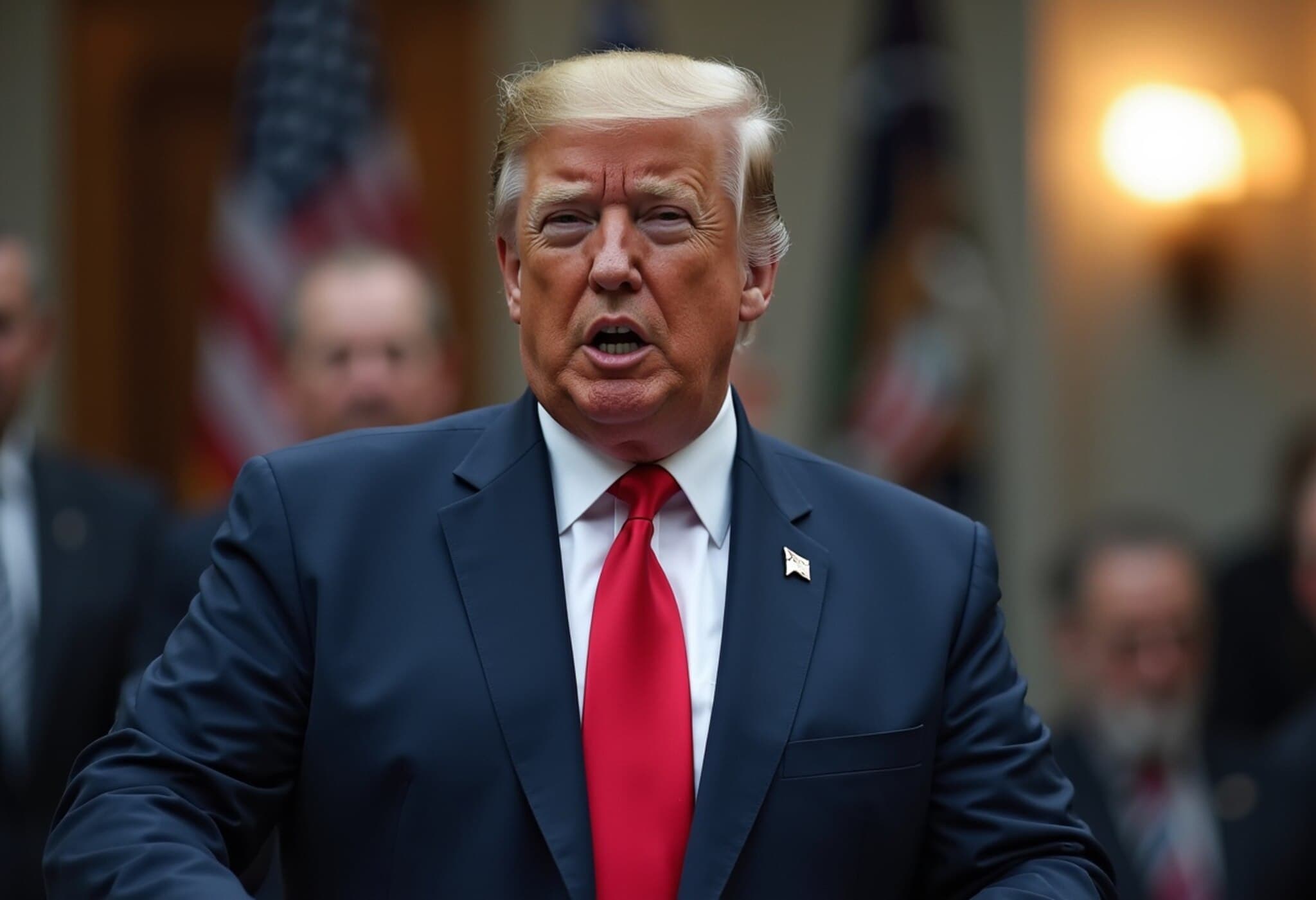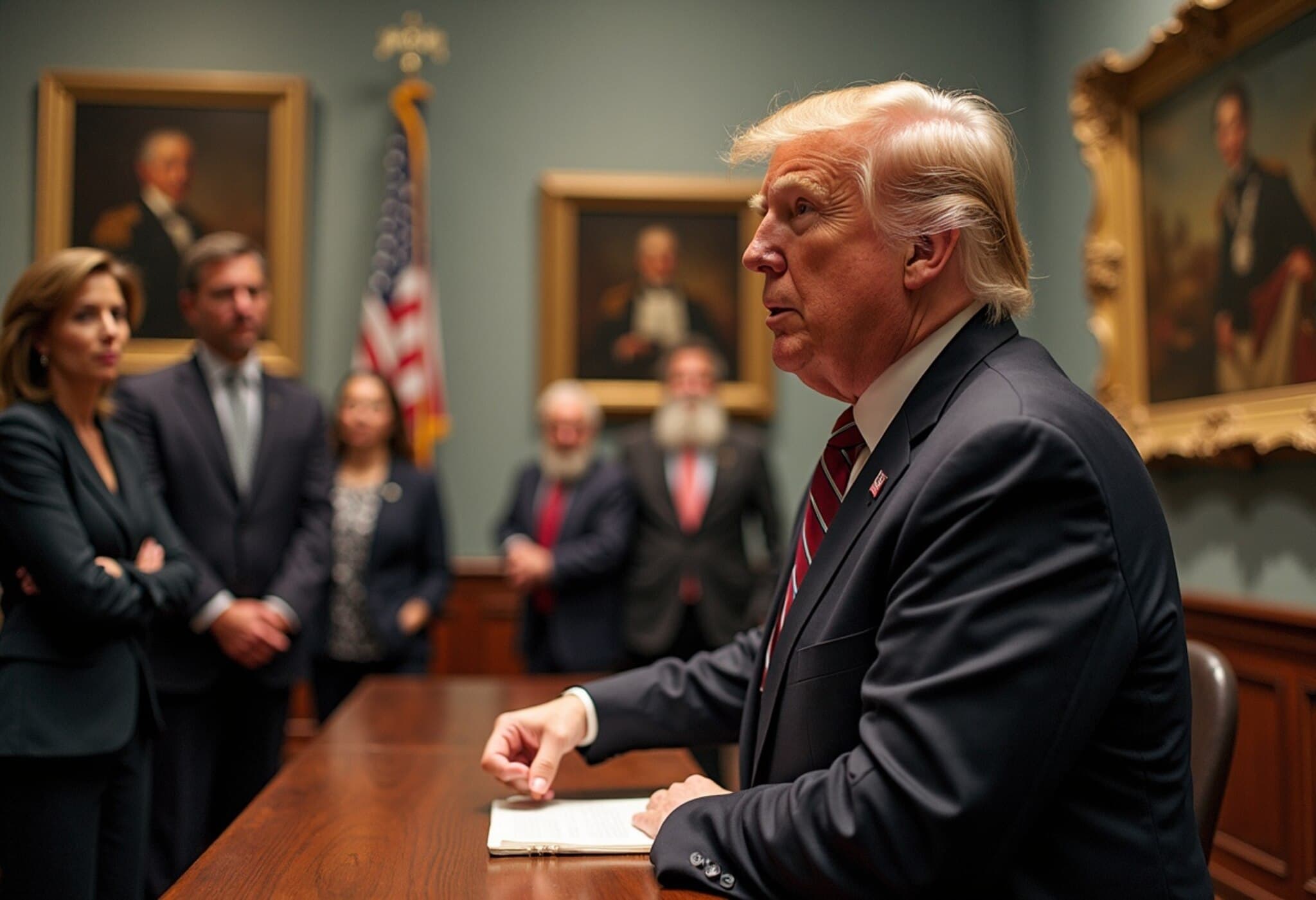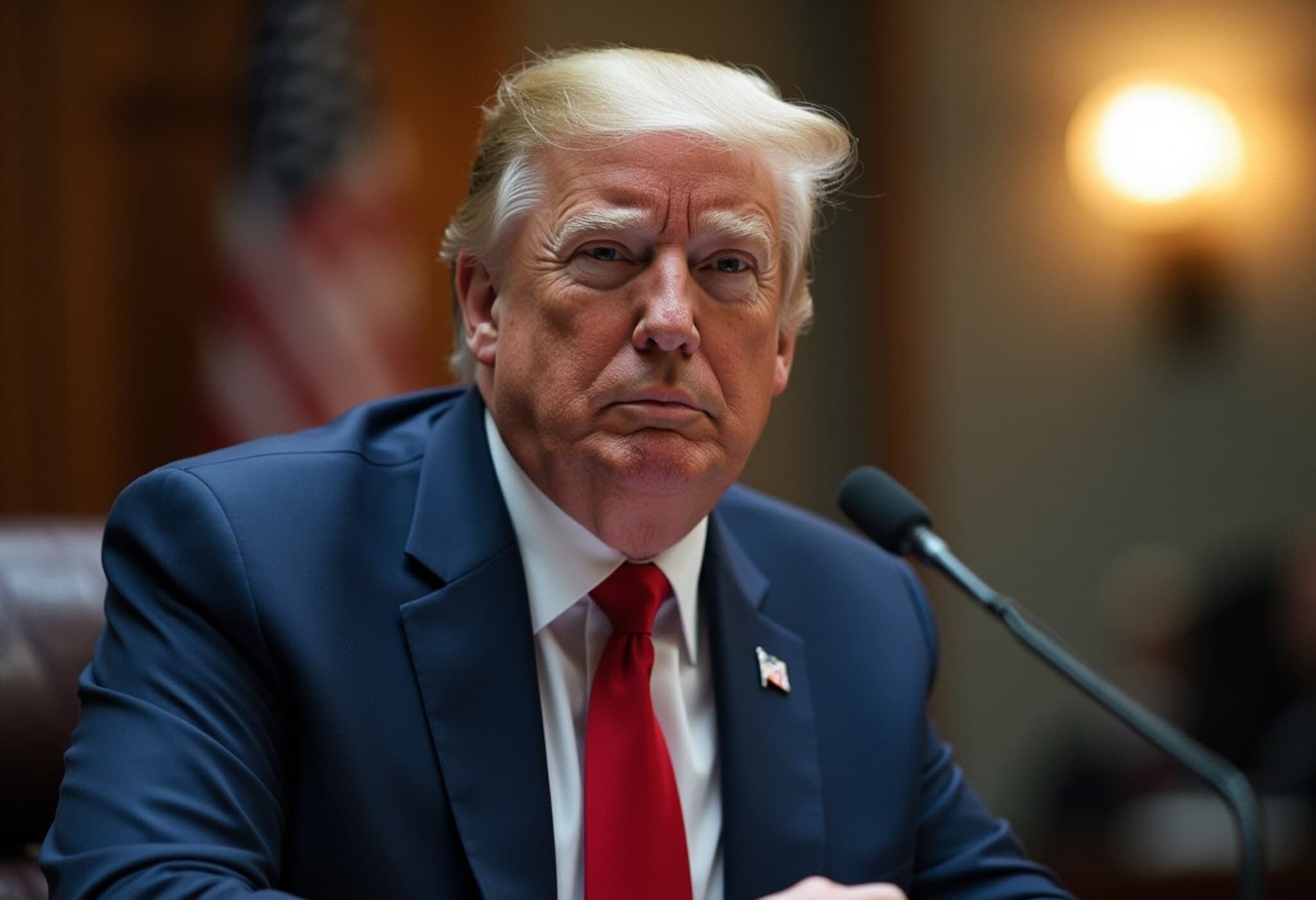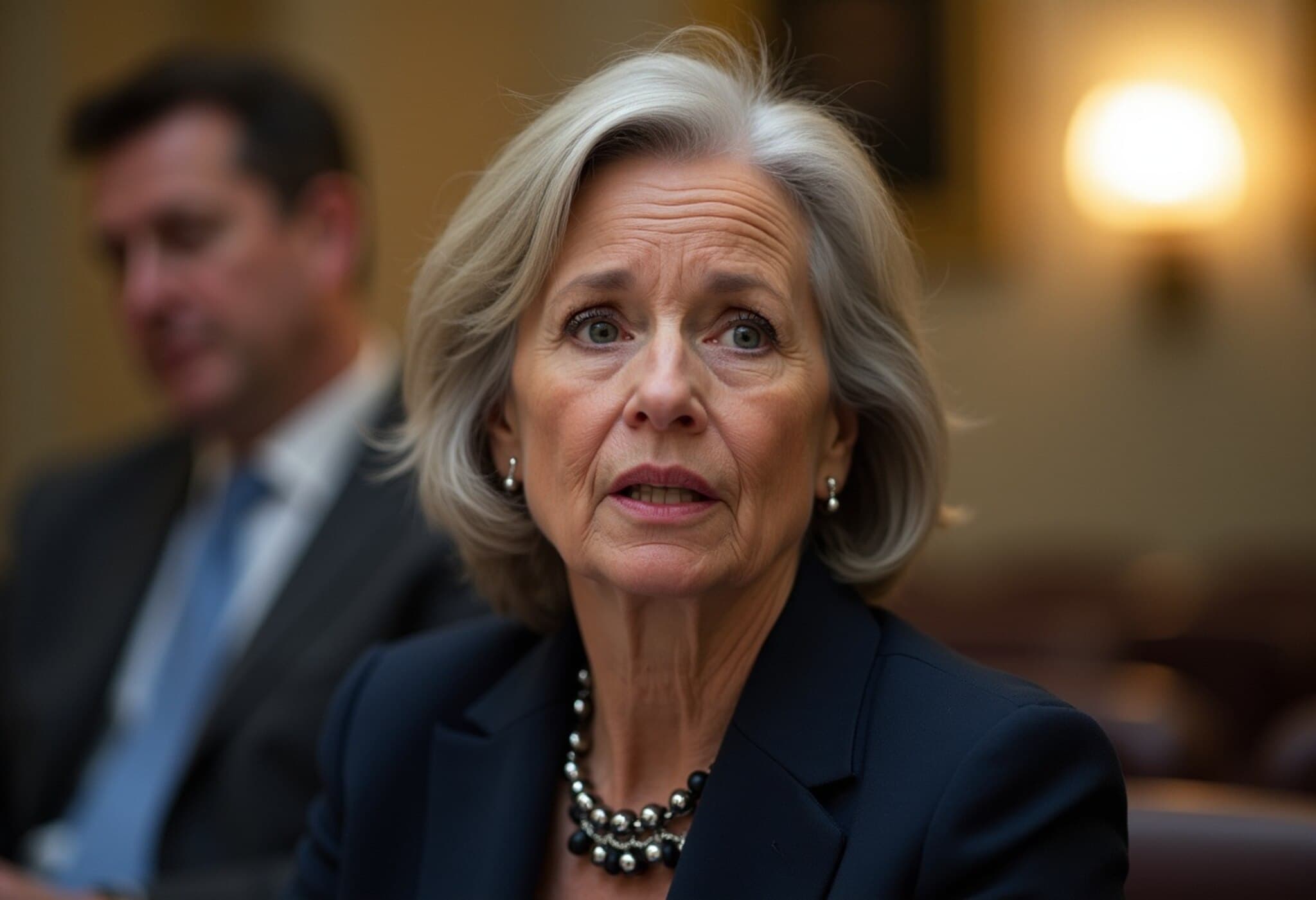Trump Ousts Newly Sworn-In IRS Commissioner Billy Long
In a surprising move, President Donald Trump dismissed Internal Revenue Service Commissioner Billy Long on Friday, less than two months after Long was sworn into the role in June 2025. According to three sources familiar with the situation, Treasury Secretary Scott Bessent will temporarily assume leadership of the IRS, overseeing the agency during a particularly volatile period in U.S. fiscal policy.
Billy Long’s Sudden Departure and New Role as Ambassador
Billy Long, a former Republican congressman from Missouri and a longtime Trump ally, confirmed his departure to NBC News. In a text message, Long stated, "It is an honor to serve my friend President Trump, and I am excited to take on my new role as the ambassador to Iceland. I am thrilled to answer his call to service and deeply committed to advancing his bold agenda. Exciting times ahead!"
Long’s tenure was brief but occurred at a pivotal time, coinciding with the rollout of President Trump’s expansive new tariffs and a major overhaul of the tax code. His abrupt removal raises questions about the administration’s management of the IRS amid broader economic and political shifts.
Scott Bessent Takes Over Amid Expanding Treasury Portfolio
Scott Bessent, Treasury Secretary and known for his expertise in international trade and finance, now adds IRS oversight to his portfolio. Alongside managing complex trade negotiations with China, Canada, Mexico, and other global partners, Bessent is also involved in efforts to identify the next Federal Reserve chair. Experts note that this multitasking could impact the efficiency of IRS management during an already turbulent period for the agency.
The IRS falls under the Treasury Department’s jurisdiction, but Bessent’s expanding responsibilities underscore the administration’s strategy to centralize key economic decisions within a tight circle of trusted officials.
IRS Under Pressure: Job Cuts and Operational Strains
Long’s tenure coincided with significant cuts to IRS staffing, a result of an initiative dubbed the Department of Government Efficiency (DOGE), reportedly influenced by entrepreneur Elon Musk. These job reductions have sparked concern among tax professionals and policy analysts, who warn that cutting IRS capacity amid rising tariff revenues and complex tax reforms could weaken enforcement and compliance.
Adding to the pressure, Long himself sent a somewhat lighthearted farewell email to IRS employees just one day before his removal, gifting them a 70-minute early exit to celebrate his upcoming 70th birthday. Such moments reflect internal morale amid external upheaval.
The Larger Context: Trump’s Tax and Tariff Overhaul
President Trump’s administration has sharply redefined the nation’s revenue landscape. New tariffs have generated billons in additional customs duties, exceeding $100 billion this year alone. Despite campaign promises to establish a separate "external revenue service" for tariff collection, responsibility remains within the Treasury Department and Customs and Border Protection.
Last month’s sweeping tax legislation, called the "big, beautiful bill" by Trump, extends previous tax cuts from 2017 while introducing new reductions on tips, overtime pay, and auto loan interest deductions. The bill also includes substantial military spending and funds aggressive immigration enforcement efforts.
However, this legislation has been deeply controversial:
- Projected to add $3.3 trillion over ten years to the national debt.
- Expected to result in over 11 million Americans losing health insurance due to Medicaid cuts.
- Caused sharp intra-party debates among Republicans over cuts to the social safety net and state/local tax deduction caps.
These fiscal changes place the IRS at the heart of enforcing a highly politicized and complex system, making leadership stability critical.
Expert Analysis: What Trump’s Shake-Up Means for Tax Policy and Governance
Policy analysts suggest that replacing Long with a Treasury Secretary acting as interim commissioner signals the administration’s desire for tighter control over key revenue functions amidst fast-moving trade and tax policies. However, juggling IRS leadership alongside other major duties could dilute focus and accountability.
Furthermore, cutting IRS personnel during an expansion of tariff collection and tax code amendments could undermine revenue integrity and compliance enforcement. This raises a crucial policy question: Does the Trump administration’s approach prioritize efficiency and fiscal discipline, or might it inadvertently weaken the government’s ability to collect taxes effectively?
Looking Ahead
The search for a permanent IRS commissioner is expected to continue, but questions remain about how soon and under what terms this appointment will occur. Meanwhile, the Treasury Department’s dual handling of trade negotiations and tax enforcement puts it at the nexus of some of the most consequential economic debates of the era.
Summary Box: Key Takeaways
- Billy Long was removed as IRS commissioner after less than two months in office.
- Scott Bessent, Treasury Secretary, temporarily assumes IRS leadership amid broad responsibilities.
- Long shifts to diplomat role as ambassador to Iceland.
- IRS faces job cuts amid rising tariff revenues and complex tax reforms.
- Trump’s recent tax and tariff policies forecast increased national debt and healthcare coverage losses.
Editor’s Note
President Trump’s rapid changes at the helm of the IRS reflect a larger pattern of aggressive fiscal and trade policies, but also introduce instability in an agency critical to U.S. economic health. As Trump pushes forward with ambitious tariffs and tax cuts, the effectiveness of tax enforcement and revenue collection hangs in the balance. Observers should watch closely how the Treasury Department balances these competing demands and what this means for Americans’ tax bills and government services.

